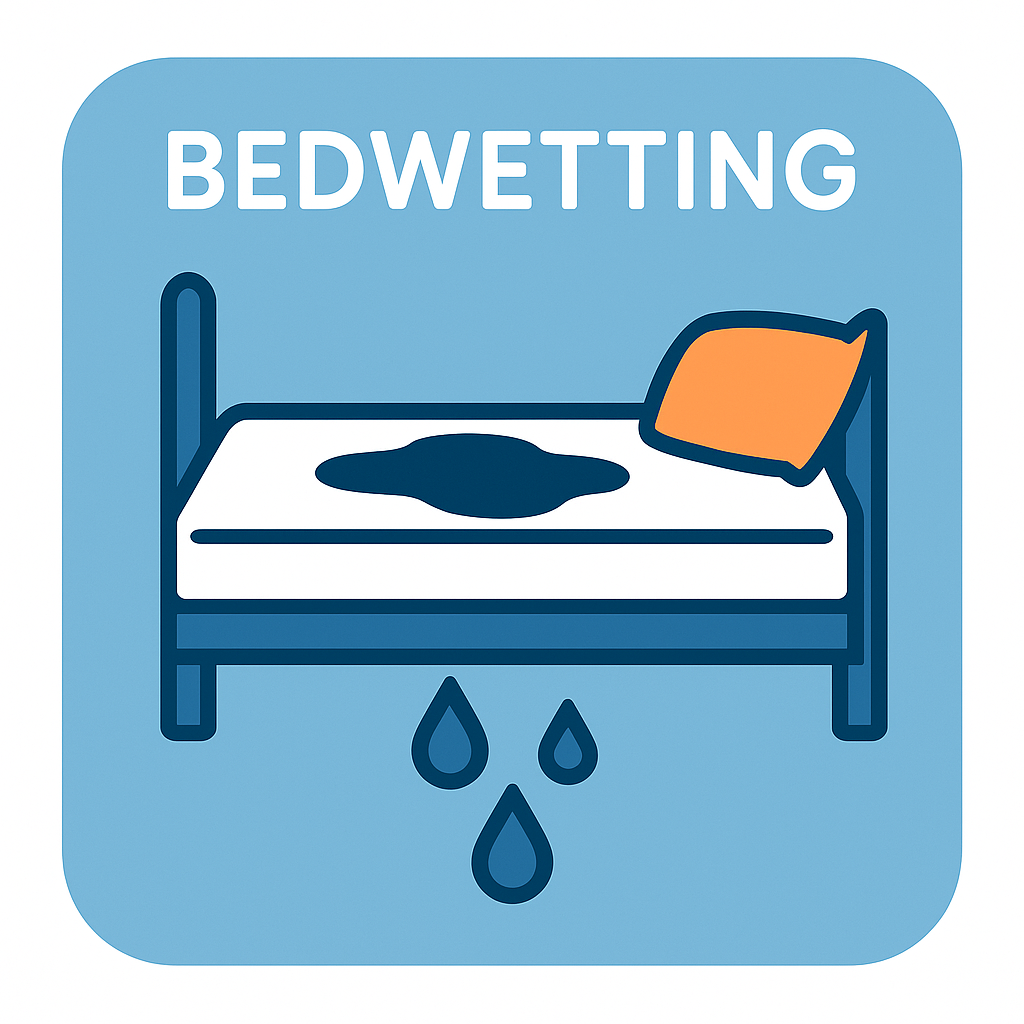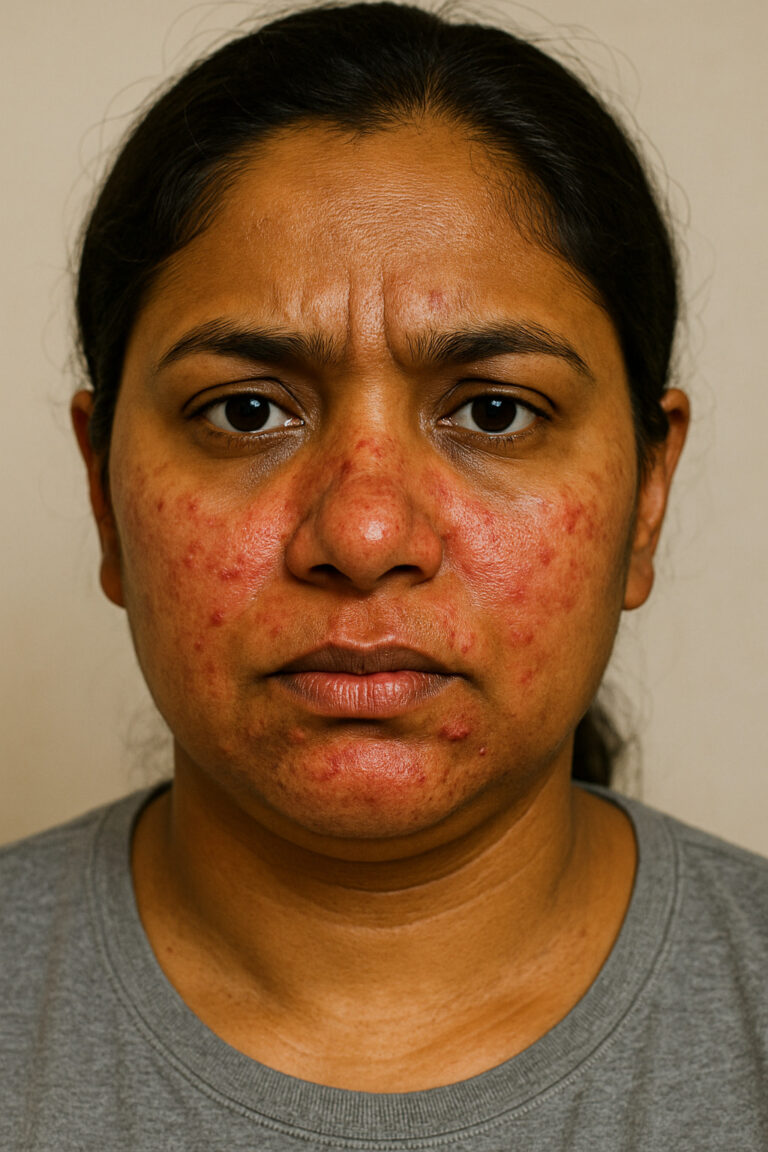What is Enuresis (Bedwetting)?
Enuresis means passing urine (urinating) without control, usually during sleep. It is common in small children, but sometimes it continues even when the child grows older. Some adults also face this problem.
It can happen at night (nocturnal enuresis) or during the day (diurnal enuresis).

Causes of Enuresis:
- Deep sleep (child does not wake up when bladder is full)
- Small bladder capacity
- Stress, anxiety, or emotional problems
- Delayed nervous system development
- Family history (if parents had it, children may have it too)
- Urinary tract infection
- Constipation
- Diabetes (rarely)
Important Points:
- It is not the child’s fault. Punishing the child makes the problem worse.
- Most children naturally stop bedwetting with age.
- Support and patience are very important.
Homeopathic Treatment for Enuresis
Homeopathy offers safe and gentle solutions for enuresis without any side effects. Some commonly used remedies are:
- Causticum
- Useful when bedwetting happens more in winter or during first sleep.
- Child may also have weak bladder control during the day.
- Kreosotum
- For children who wet the bed in deep sleep, often early in the night.
- Urine may have a strong smell.
- Sepia
- When bedwetting is linked with emotional upset or sadness.
- Mostly for girls.
- Equisetum
- When there is frequent urge to urinate, but only small amounts come out.
- Bedwetting along with dreams of urinating.
- Belladonna
- Useful when bedwetting happens suddenly, often with dreams or nightmares.
- Child may also have fever or be very restless.
- Sulphur
- For children who are lazy about hygiene and wet the bed regularly, especially in the early morning hours.
Important:
- Medicine should be selected based on the child’s full symptoms and personality.
- Always consult a qualified homeopathic doctor for proper treatment.
Some Helpful Tips for Parents:
- Encourage the child to use the bathroom before sleeping.
- Limit fluids 1-2 hours before bedtime.
- Make a schedule for bathroom breaks during the day.
- Praise and reward dry nights — avoid scolding.
- Check if there is any emotional stress and support the child emotionally.






